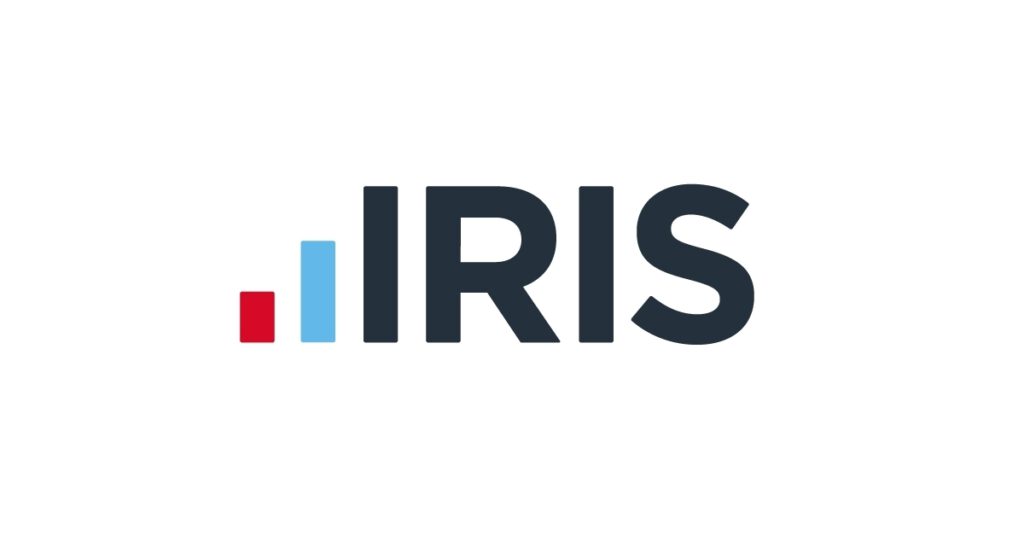New research reveals schools need more tech support to cope post-lockdown

Research from @IRISSoftwareGrp (IRIS), one of the largest portfolio suppliers to Multi Academy Trusts (MATs) and schools in the UK, has found that following an incredibly difficult period, many schools and MATs do not know the extent to which their financial position has been impacted by the COVID-19 crisis.
The Education Insights survey of over 400 headteachers and MAT finance managers found almost half (48%) of UK schools and MATS understand how they have been financially impacted by the pandemic, but a third (32%) of respondents don’t know the true financial impact of the virus on their operations.
The top three areas most financially impacted during the lockdown period for schools and MATs were:
- PPE/ first aid supplies (36%)
- Cleaning (36%) and
- Signage (18%)
Almost every respondent (91%) said the ability to access data – financial, student, asset, HR and payroll – and manage school operations remotely will be vital for the efficient running of schools and MATs in the next normal.
Those schools that had implemented digital operations before the pandemic were in the best position to cope in the lockdown period. Lorraine Reeves, SIMS/Attendance Manager at Langstone Junior Academy in Portsmouth says, “Having digital operations up and running before we went into lockdown, such as online e-learning portals and electronic news updates, meant we could cope with the immediate switch to digital learning. We could engage with staff, parents and pupils with little to no disruption to daily school life.
“Looking forward, as we’re now equipped with the right technology and software to support moving into the next normal, we are confident that we can handle reopening and any changes that may happen to the new teaching workforce.” This highlights the need for greater support in investing in technology moving into the next normal.
The overwhelming majority (81%) of MAT CFOs believe that software to facilitate remote learning for students will be fundamental in ensuring the smooth running of schools in the next academic year. Nearly half (49%) also strongly believe that software to facilitate remote working for office staff will be essential post-lockdown.
Those schools that do have an understanding of the financial strain caused by COVID-19, have been able to take proactive steps to plan for the next normal. Ahead of September, one in five (20%) plan to change their school or MATs’ financial strategy to invest in moving to cashless systems and 18% also plan to invest more heavily in cloud services.
This digital transformation is being driven as much by health and safety as the desire to streamline processes and become more efficient. Almost all respondents (83%) believe reducing cash on school grounds is a priority in ensuring the health and safety of staff and students. Further, two in five (40%) believe moving to paper-free office and classroom environments will also help keep staff and students safe from the virus.
Winston Poyton, Senior Product Director for Education at IRIS Software commented on the findings, “The education sector is preparing for a complete digital shift in operations as we enter the next normal. MATs and schools are finally seeing online tools and software as a necessity and not a nice to have. Remote working, home schooling and the closure of schools have been a real test for the sector. However, those who have invested in the tools and software to streamline processes and maintain engagement with parents and pupils have been able to manage the effects of the pandemic smoothly.
“As we head into the next normal, there must be a continued rise in the use of technology and software across education. As our research reveals, access to data to manage school operations remotely; online and via the cloud, will play a vital role in the efficient running of schools and MATs.”
Nearly two in five (38%) schools and MATs plan on implementing remote working for staff at risk, 36% plan to reduce class sizes, and 37% plan to postpone events such as parents’ evening and class trips. A quarter (25%) also plan on moving to a paperless learning and office environment – increasing digital communications both with parents and within the school or MAT itself.
As a result of the global pandemic, over half of schools (64%) are currently reviewing their risk strategy. However, nearly a third of respondents (30%) were unsure whether this critical work is being undertaken.
Supplying software and services that manage finances, assets, budgeting, human resources, parent payments and school-to-home communications, IRIS serves nurseries through to academy trusts and further education.











Responses